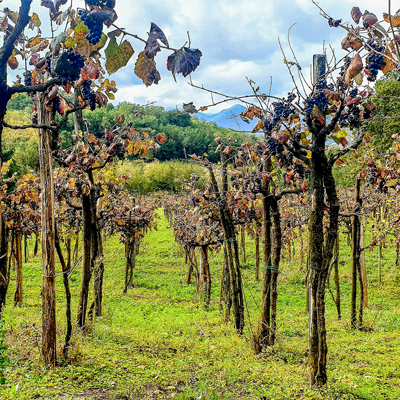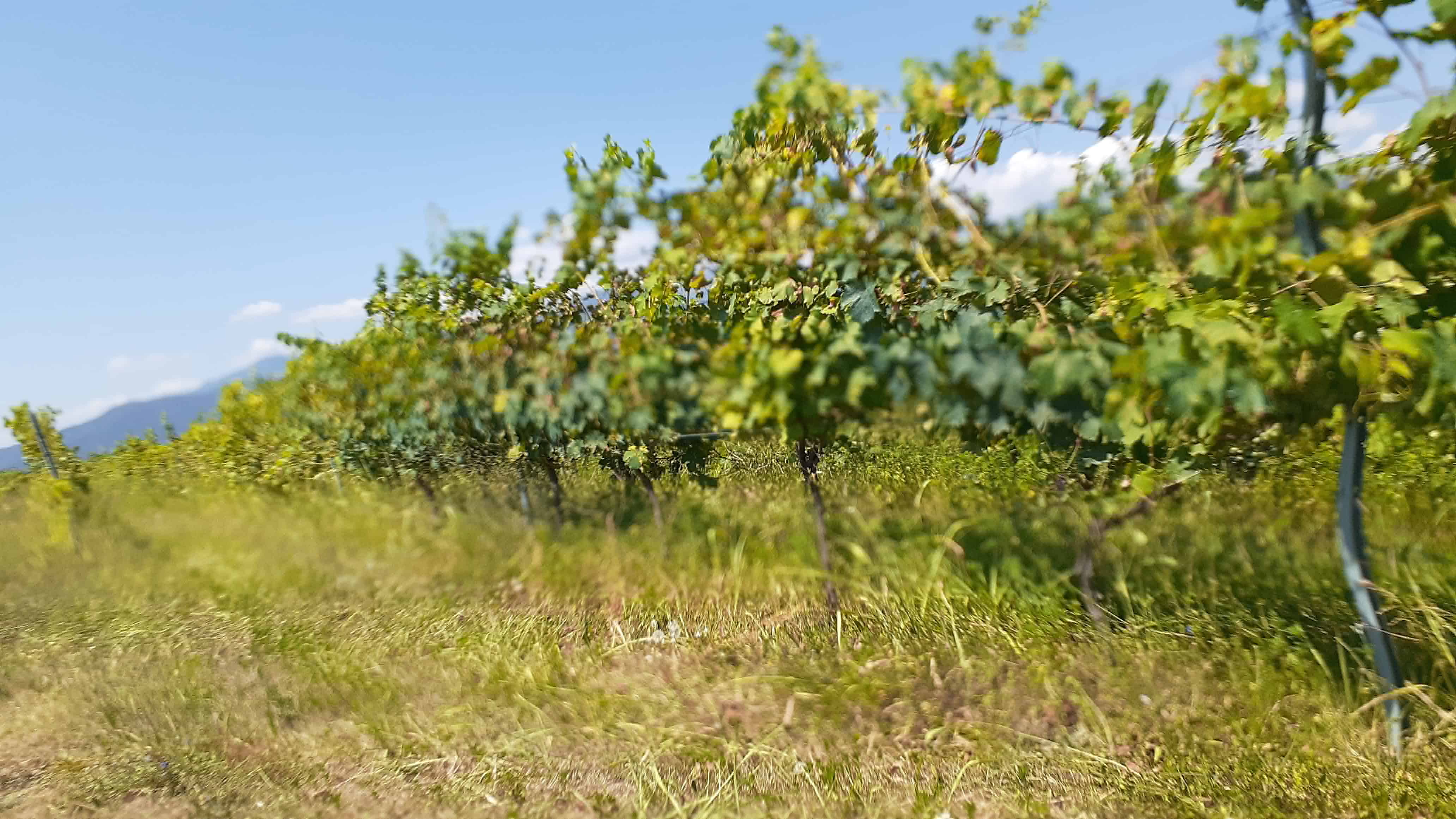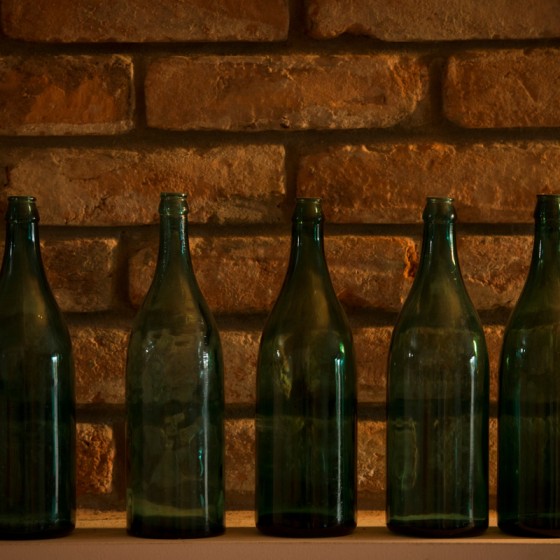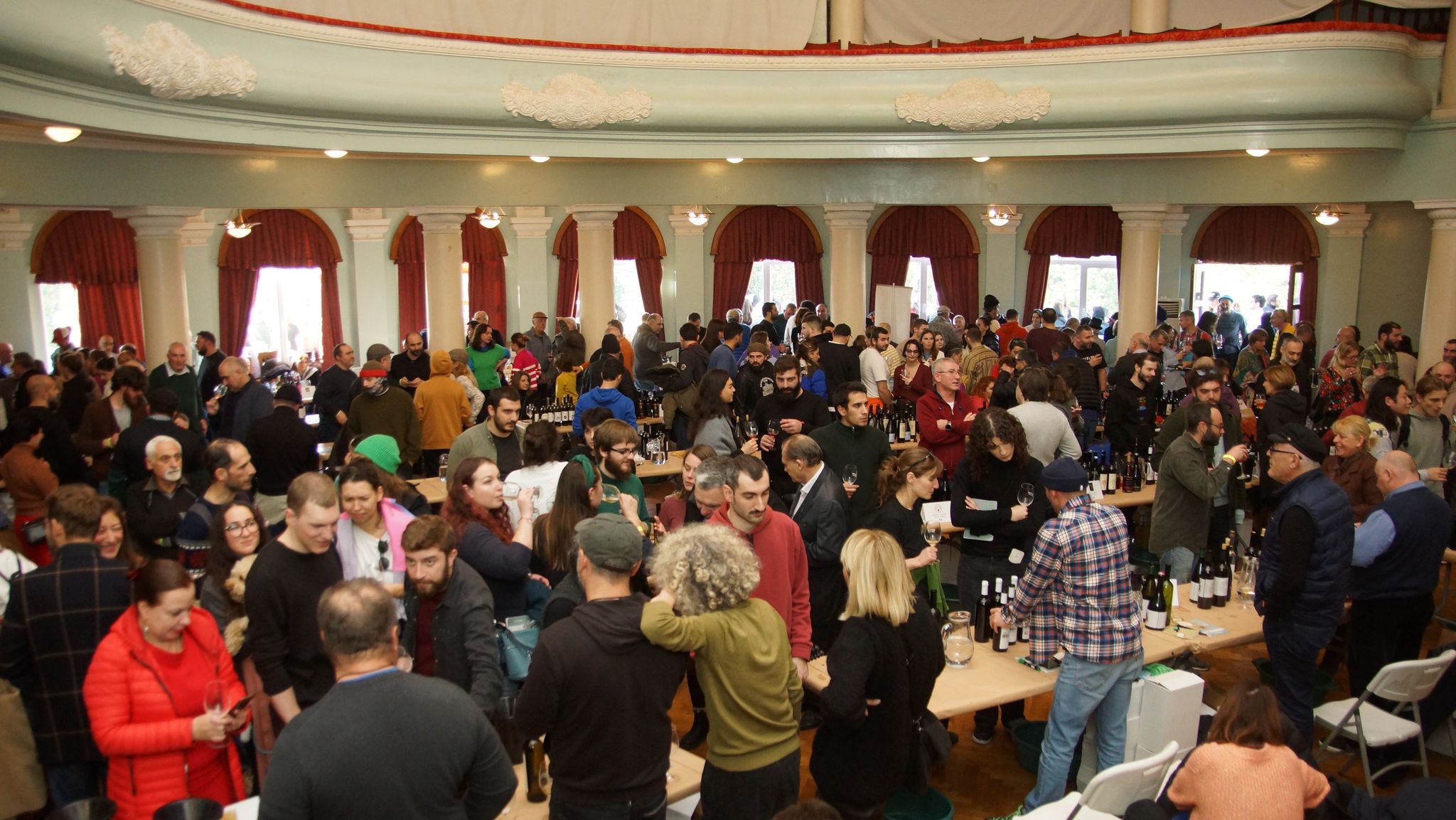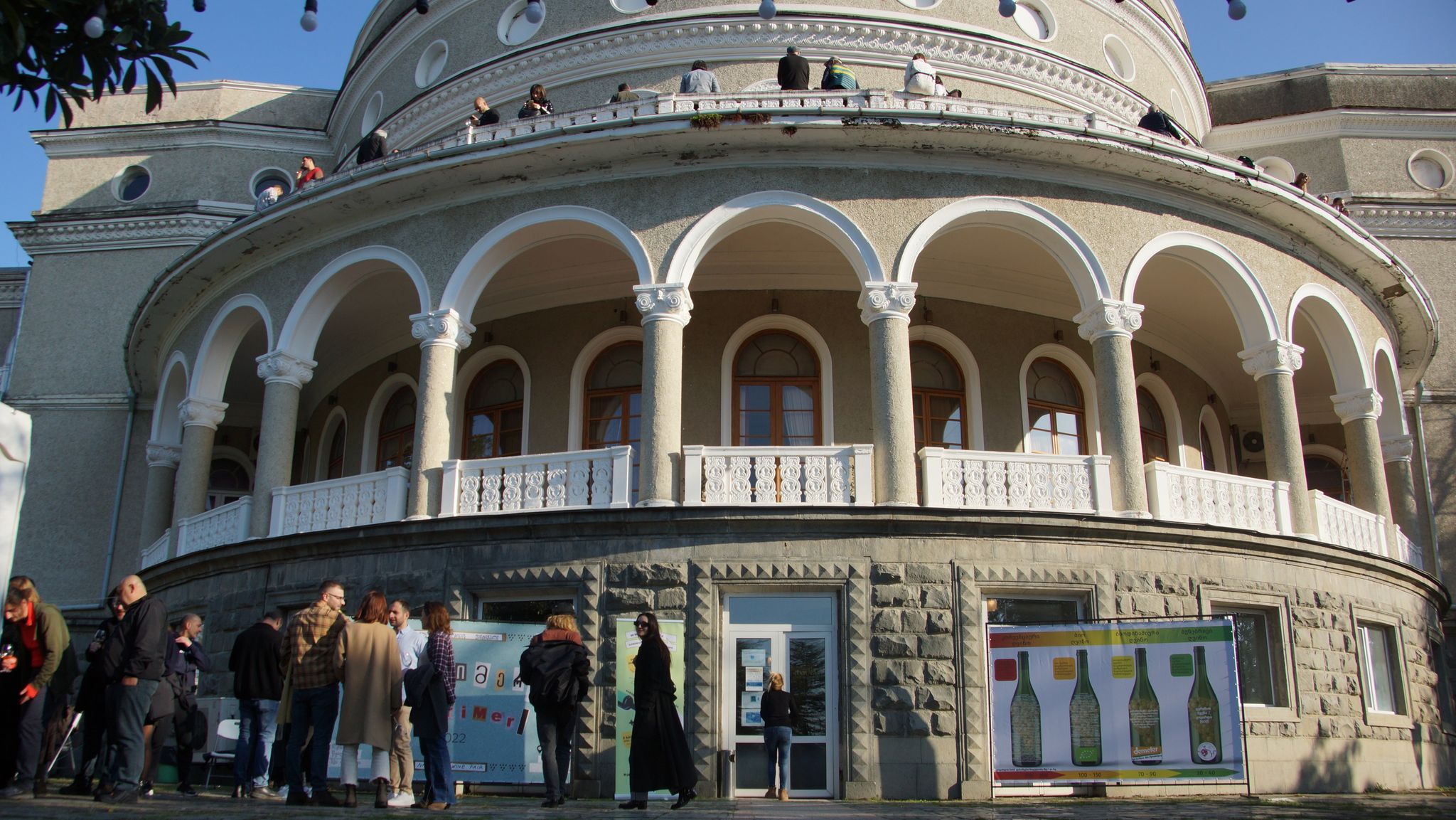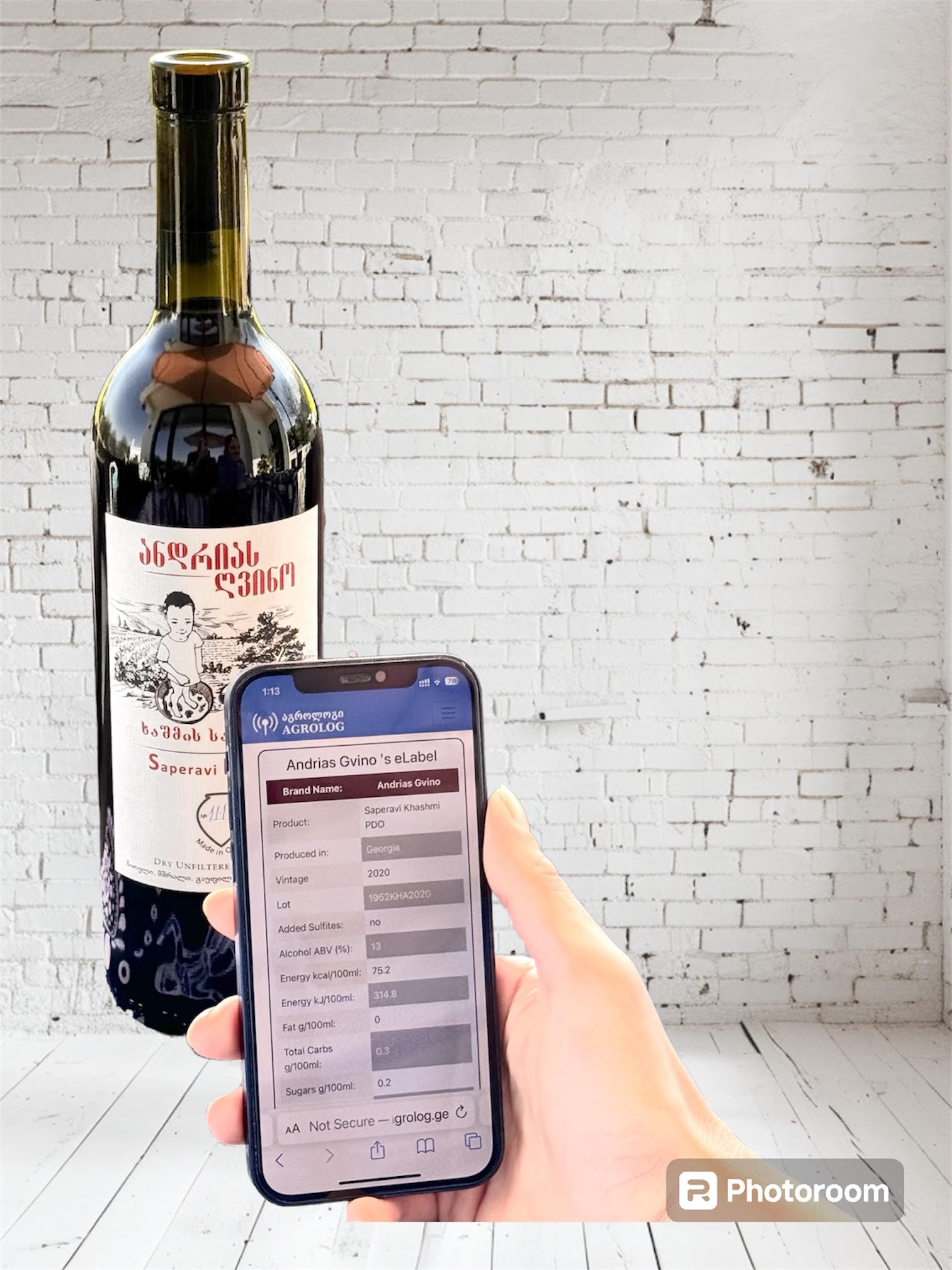News . 14-03-2022
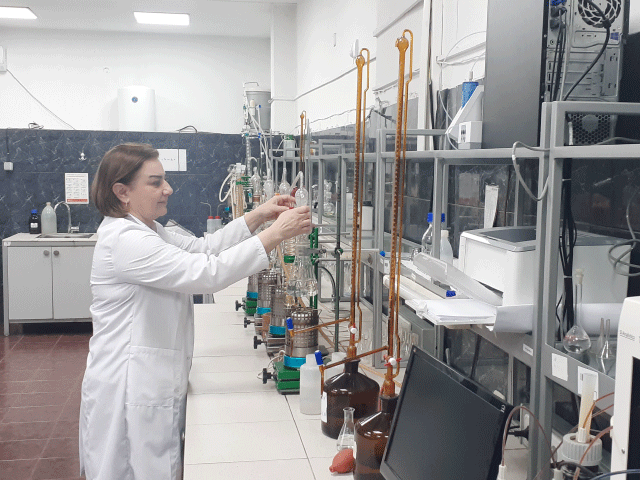
Specifics of the wine laboratory work
Laboratory analyses and wine quality control have become a regular part of the work of Georgian winemakers. The winemakers are always interested in how a series of processes went in the wine they created, what quality of the drink was obtained, and whether they made a mistake that could negatively affect the quality of the wine.
Several wine laboratories have recently been established in Georgia (mainly in Tbilisi), creating a competitive environment in this field. One of the distinguished laboratories is the Wine Laboratory named after Irma Tchanturia, located on Balanchine Street in Tbilisi, operating since 2006. Currently, the majority of winemakers cooperate with this laboratory, which is mainly explained, by the credibility of the laboratory on the one hand, and by the necessity of a mandatory laboratory report for the export of a batch of wine on the other hand.
By the time when "Wine Laboratory" Ltd. was established, wine was not analyzed for organoleptic and physicochemical parameters in Georgia. Only a few large wineries analyzed the simplest parameters of wine individually, and that was it. Exports, imports of wine, and the local market were completely uncontrolled.
Wine laboratory was established in April 2006 by the Fund of Development of Wine Quality System in Georgia, which, in its turn was set up by the joint efforts of the Ministry of Agriculture of Georgia and private wine sector. During 2003-2008, these efforts were greatly supported technically and financially by the Deutsche Gesellschaft für Internationale Zusammenarbeit (GIZ), acting on behalf of the German Government.
Under the project, the laboratory purchased the cutting-edge equipment of that time, had the staff competitively selected and retrained, which to this day is the core of the laboratory; internationally approved analyzing methods have been introduced. The laboratory was supported in building an internal management system and in obtaining accreditation. Simultaneously, wine legislation was being developed in collaboration with the Georgian Government.
Members of the Natural Wine Association praise the great contribution of its recently deceased director, Ms. Irma Tchanturia, in setting up the laboratory and her special focus on small and family-owned wineries.
Since April 2021, the price of wine analysis has increased. Raising the price of this service is essential for small wineries and especially for beginner winemakers. It's also interesting to see how wine is analyzed and if anything has changed technologically for that matter. To clarify the matter, NWA.GE interviewed Tinatin Jajanidze, the director of Irma Tchanturia Wine Laboratory.
Tinatin Jajanidze, the director of Irma Tchanturia Wine Laboratory: The laboratory controls the grape-origin alcoholic beverages. We analyse drinks for physico-chemical parameters, as well as organoleptic characteristics. Our personnel have been trained under the GIZ project and is currently a member of the Standing State Degustation Commission. The Degustation Commission also operates in the laboratory and we are able to offer such services on site to our customers.
The beverage is received daily by the laboratory for analysis, both for export and non-export purposes. Some wine producers are oriented towards export, while others are interested in covering local markets. Some producers are simply interested in the quality data of their home wine or chacha. The laboratory analyses both the final product - already bottled wine as well as samples in the intermediate stages. The analysis of the sample has a clearly defined rule - a labelled bottle enters the laboratory registry, where it is assigned a unique code, then it is moved to the laboratory for analysis. After analyzing different parameters, the data is collected under the same code, on the basis of which the analysis report is issued in Georgian, or in the languages relevant to the export countries for which the analyzed sample is designated.
- Wine for export is probably checked differently ...
- The analyses are carried out depending on the country the wine is destined for and the requirements for it. There are various analysis packages - for EU countries, CIS countries, and the rest of the world (USA, China, Japan). The laboratory has also developed a "package for the local market" covering 8 key parameters. The presented sample is analyzed on physico-chemical parameters provided by law. If the client is additionally interested in its organoleptic analysis, the laboratory can offer this service as well, clearly increasing the total price. In such a case, out of 5 wine bottles brought by the manufacturer for analysis, 3 parallel bottles are sent to the State Degustation Commission operating under the National Wine Agency. Finally, for export, the manufacturer needs both a laboratory report (minutes) and a conclusion from the Degustation Commission that the wine has successfully passed the check.
It should be noted that the state exempts small wineries from the obligation of tasting/degustation (except the wines with appellation of origin) if the total sulfur content in the wine does not exceed 40 mg/l and the number of bottles under one lot is less than 3000.
- What caused a rise in the price of laboratory services?
- Since April 2021, the prices of laboratory services have actually risen. The rise in the cost of analysis price is due to several reasons. First of all, the cost of reagents, without which, of course, analysis is impossible, has risen considerably. The reagents are mainly imported from abroad. Also, the requirements for wine around the world are becoming more and more severe, adding new research parameters that require constant re-equipment and updating of the laboratory. For these purposes, in the last 5 years, the laboratory has purchased several high-tech equipment: a mass spectroscope, and liquid and gas spectrometers. And the relatively earlier purchased, but also a high-tech device needed an upgrade. The equipment is mostly from Germany, and prices for both spare parts and maintenance are rising all the time. The reason for the price rise is also an increase in utility bills (water, electricity, etc.). Salaries should also be taken into account. The laboratory is entirely self-funded. One of the reasons for the price rise is the GEL inflation as well.
- Are there any advantages for small winemakers and what support laboratory offers them?
- So far, according to the requirements of the law, for selling their products on the local market, small wineries (if less than 40,000L are produced per year) are not required to analyze wine in the laboratory. However, often winemakers themselves are interested in testing their products.
Since the moment of its foundation, our wine laboratory has been taking care of the wine sector, especially the development of the small wine cellars. For this purpose, it provides frequent and periodic training sessions and professional improvement sessions for winemakers and laboratory staff in the cellars. Consultancy/advisory services (organoleptic examination, wine processing, cellar hygiene issues) are often provided free of charge to small cellars and beginner winemakers.
As director of this laboratory, I want to continue to work closely with the representatives of small cellars, to help and support them, which will subsequently enable not only the private sector - entrepreneurs to become competitive in covering national and foreign markets, but also to contribute to the development of the entire wine industry.
